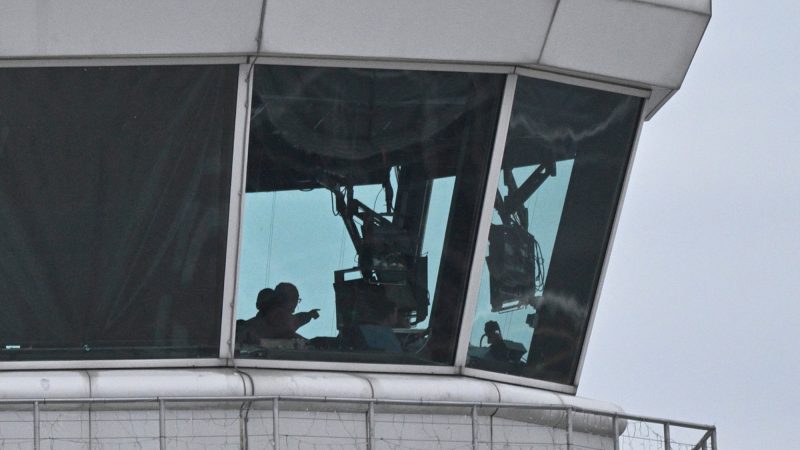
The recent news reports paint a concerning picture of our nation’s air traffic control system. A critical shortage of air traffic controllers is causing significant strain, jeopardizing the safety of thousands of daily flights. Consider this: these controllers are responsible for guiding approximately 45,000 flights – that’s a staggering number of aircraft and passengers relying on a system already operating under immense pressure.
The shortage isn’t just a matter of inconvenience; it’s a serious safety concern. With fewer controllers managing an ever-increasing volume of air traffic, the potential for errors and accidents rises dramatically. The workload on existing controllers is unsustainable, leading to burnout and potentially impacting their ability to perform their crucial duties effectively. This isn’t simply about delays; it’s about the risk of catastrophic events.
What’s causing this crisis? Several factors contribute to the problem. Attracting and retaining qualified air traffic controllers is a persistent challenge. The job is demanding, requiring intense focus and precision under immense pressure. The training process is rigorous and lengthy, and the compensation may not always reflect the critical nature of the work, leading to difficulties in recruitment and retention.
Furthermore, the aging infrastructure of many air traffic control centers adds another layer of complexity. Outdated technology and insufficient investment in modernization can exacerbate the strain on controllers, making their jobs even more challenging. Addressing these systemic issues requires a multi-pronged approach. This includes increasing salaries and benefits to attract and retain talent, investing in modernizing technology and infrastructure, and streamlining the training process to ensure a steady flow of qualified professionals.
Ultimately, the safety of air travel depends on a robust and well-resourced air traffic control system. Ignoring the current crisis could have devastating consequences. It’s time for decisive action to address this urgent problem before a tragedy occurs. The future of safe air travel depends on it.










